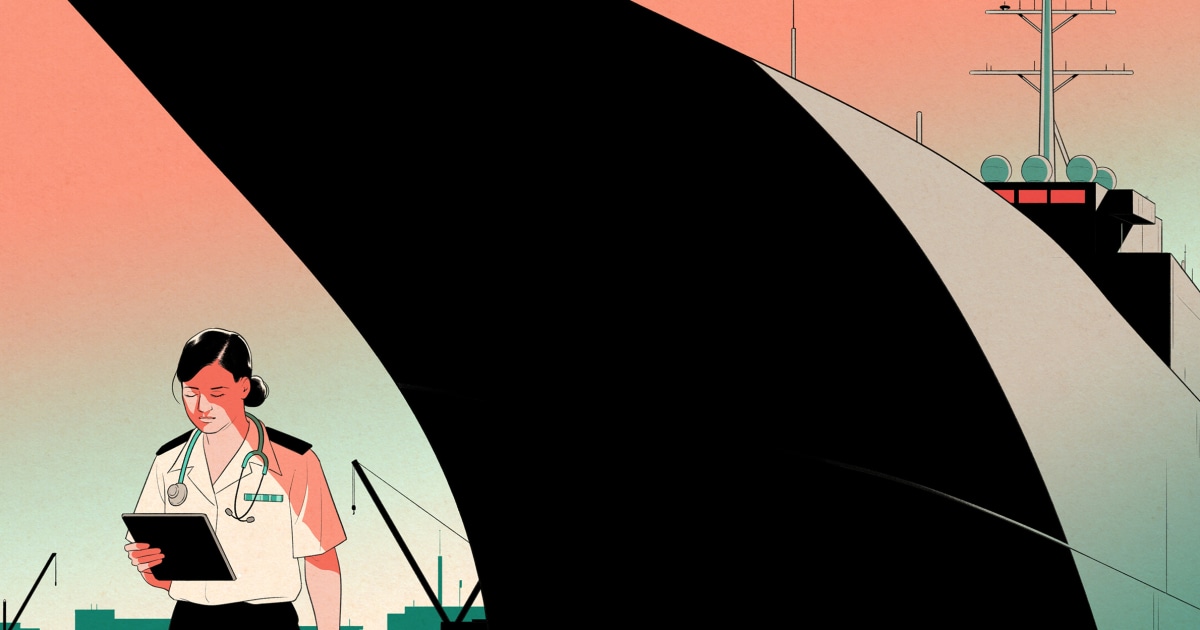- Joined
- Mar 20, 2009
- Messages
- 265
- Reaction score
- 274
In writing, then years taken away...

 www.nbcnews.com
www.nbcnews.com

 www.yahoo.com
www.yahoo.com

Navy doctors and dentists are told they owe 3 more years of service after military admits to another record-keeping error
It is the second time in a week that military officials have publicly admitted to discovering administrative oversights that have derailed lives.
Army aviators, ready to leave the military, are told they owe 3 more years instead
Hundreds of Army aviation officers who were set to leave the military are being held to another three years of service after they say the branch quietly reinterpreted part of their contract amid retention and recruitment issues.

